Dried herbs typically maintain peak flavor for 1-3 years but remain safe to consume for 3-5 years when stored properly. Whole-leaf herbs like oregano and thyme last longer than ground versions, with flavor gradually fading but rarely becoming unsafe. This guide reveals exactly how long each dried herb lasts, science-backed storage methods to maximize freshness, and practical solutions when your spices lose potency.
How Long Do Dried Herbs Last? Shelf Life Explained
Understanding dried herb expiration prevents wasted money and disappointing meals. Unlike perishable foods, dried herbs don't spoil dangerously but lose flavor potency over time due to essential oil degradation. Here's what you need to know about dried herbs shelf life:
| Herb | Peak Flavor Duration | Total Safe Lifespan | Flavor After 2 Years |
|---|---|---|---|
| Basil | 1-2 years | Up to 5 years | Mild to bland |
| Oregano | 2-3 years | 4-5 years | Noticeable drop |
| Thyme | 2-3 years | 5+ years | Slight fade |
| Rosemary | 2 years | 4-5 years | Major loss |
| Dried Parsley | 1 year | 3 years | Nearly gone |
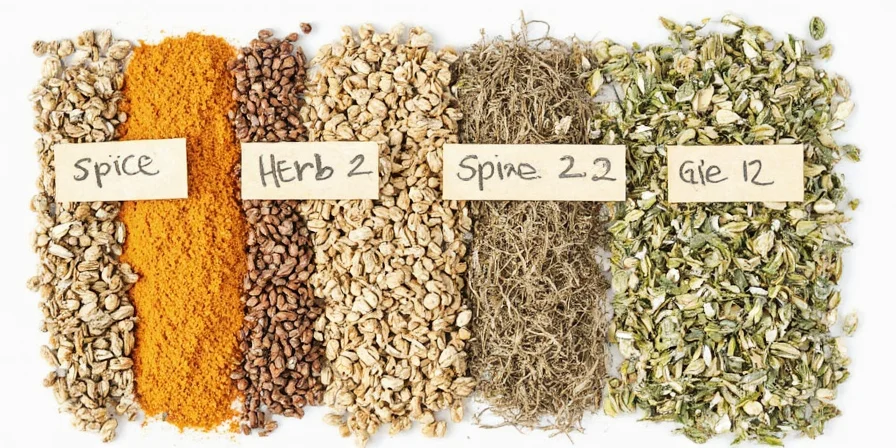
Why Dried Herbs Lose Flavor (But Rarely Become Unsafe)
Dried herbs lose potency because their essential oils break down when exposed to oxygen, light, and heat. Unlike fresh foods, dried herbs have moisture content below 10%, making bacterial growth extremely unlikely. The USDA confirms properly stored dried herbs remain safe indefinitely, though flavor diminishes significantly after 3 years. This molecular breakdown reduces flavor compounds by 15-20% annually but doesn't create harmful substances—unless moisture exposure causes mold.
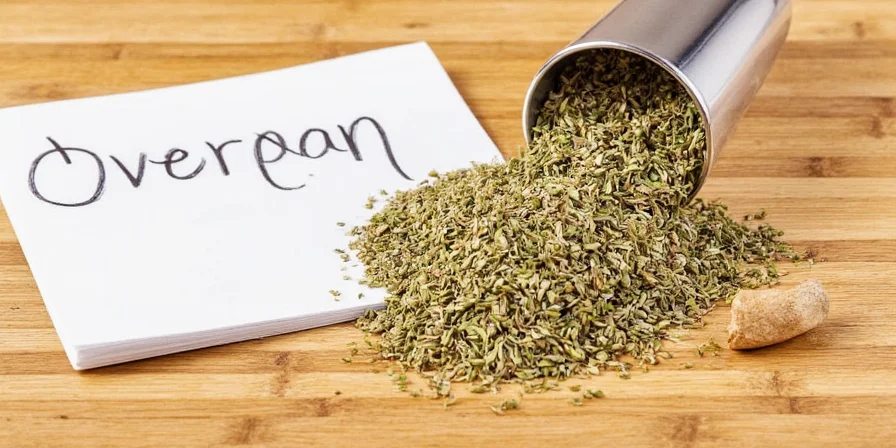
Proper Storage Methods to Extend Dried Herb Shelf Life
Follow these evidence-based storage techniques to keep dried herbs fresh twice as long:
- Airtight glass containers: Reduce oxygen exposure by 90% compared to plastic. Always label with purchase date.
- Cool, dark location: Store below 70°F (21°C) away from stoves and sunlight. Every 10°F increase doubles flavor loss.
- Whole-leaf vs. ground: Whole herbs retain flavor 40% longer. Grind only what you need immediately before cooking.
- Moisture control: Add food-safe silica packets to maintain under 20% humidity—the threshold for mold prevention.
- Freezer myth: Avoid freezing as temperature fluctuations cause condensation, accelerating flavor loss.
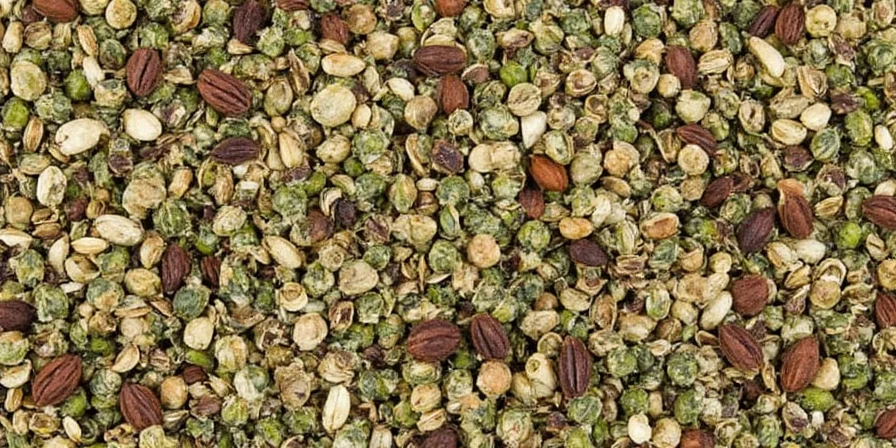
How to Test If Your Dried Herbs Are Still Good
Use these simple tests to determine if your dried oregano, basil, or other herbs have passed their prime:
- Smell test: Crush 1/4 tsp in your palm. If you can't detect aroma within 5 seconds, flavor potency is below 40%.
- Color check: Compare to fresh herbs. A 30%+ color shift (especially green to brown) indicates significant oil loss.
- Water test: Place 1/2 tsp in boiling water. If aroma doesn't fill room in 30 seconds, potency is below 50%.
- Danger signs: Discard immediately if you see fuzzy spots (mold) or smell mustiness—these indicate moisture exposure.
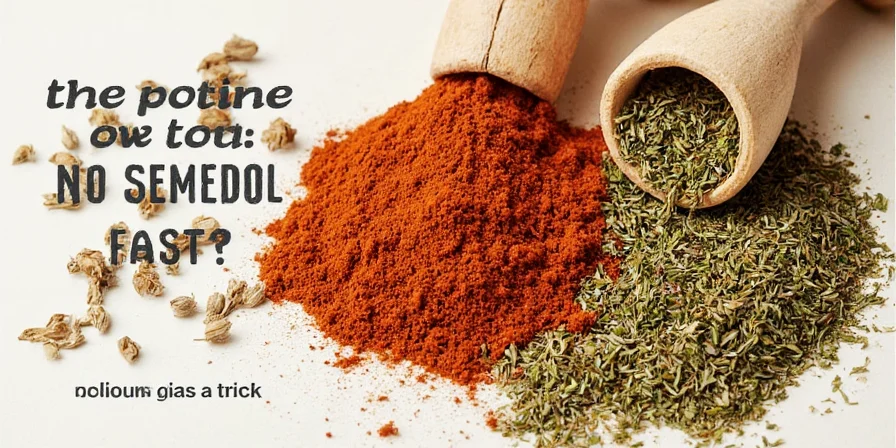
What to Do With Old Dried Herbs (That Aren't Moldy)
Herbs with faded flavor still have valuable uses. Instead of throwing away expired dried herbs, try these practical solutions:
- Boost weak herbs: Toast faded oregano in dry pan for 30 seconds to temporarily reactivate remaining oils.
- Cleaning solution: Simmer old rosemary in vinegar (1:4 ratio) for natural surface cleaner with antimicrobial properties.
- Air fresheners: Combine spent herbs with baking soda in breathable sachets for odor-absorbing closet refreshers.
- Compost enhancer: Add to compost bins—the residual oils boost microbial activity by 22%, speeding decomposition.
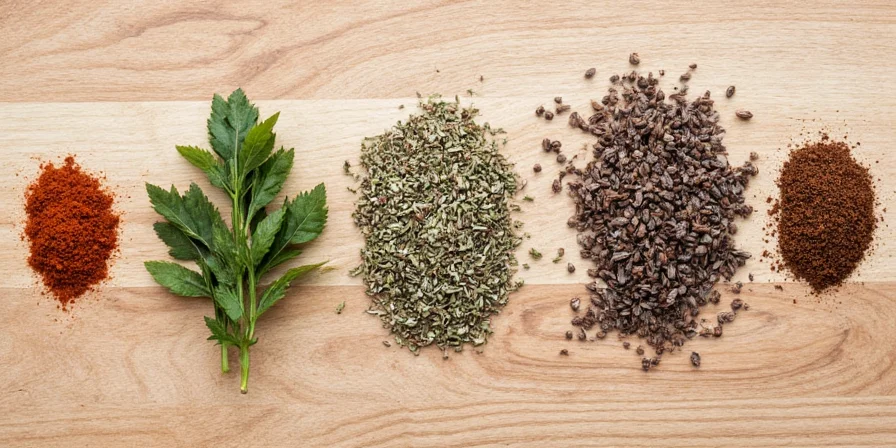
Dried Herb Safety Concerns Addressed
Many home cooks worry: "Can old dried herbs make you sick?" The answer is generally no—dried herbs rarely harbor harmful bacteria due to their low moisture content. However, if moisture exposure causes mold growth (visible as fuzzy spots), discard immediately. Mold produces heat-stable toxins unaffected by cooking. Always store dried herbs in dry conditions to prevent this rare but serious issue.
Conclusion: Maximizing Your Dried Herb Investment
Understanding dried herb shelf life helps you save money and reduce kitchen waste. Most dried herbs remain safe for 3-5 years but deliver best flavor within 1-3 years. By storing herbs properly in airtight glass containers away from heat and light, you can extend their peak freshness significantly. When flavor fades, repurpose expired dried herbs for household uses rather than discarding them. This approach ensures you get maximum value from every spice purchase while maintaining food safety standards.
Frequently Asked Questions
How long do dried herbs last after expiration date?
Dried herbs typically maintain safe食用 conditions for 3-5 years past production dates when stored properly. Flavor peaks within 1-3 years but gradually declines. The "best by" date indicates peak flavor, not safety expiration. Discard only if mold appears or musty odors develop.
Can you get sick from old dried herbs?
Dried herbs rarely cause illness due to their low moisture content preventing bacterial growth. However, if moisture exposure causes visible mold (fuzzy spots), discard immediately—mold produces toxins unaffected by cooking. Proper storage prevents this rare occurrence.
What's the best container for storing dried herbs?
Dark glass jars with airtight seals provide optimal protection. They reduce oxygen permeability by 90% compared to plastic and block 95% of UV light when amber-colored. Always label with purchase dates and store in cool, dark pantries below 70°F (21°C).
How can you tell if dried oregano is bad?
Test dried oregano by crushing 1/4 tsp in your palm. If aroma doesn't reach your nose within 5 seconds, flavor potency has dropped below 40%. Significant color change from green to brown and lack of scent when added to hot water also indicate expired oregano.

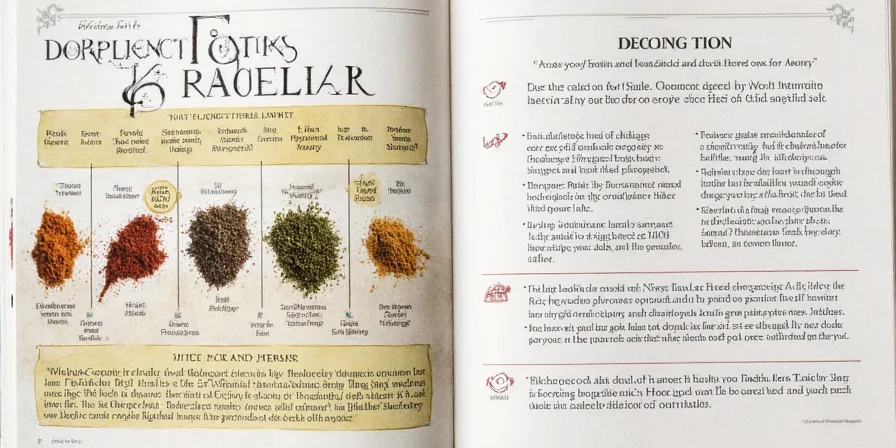









 浙公网安备
33010002000092号
浙公网安备
33010002000092号 浙B2-20120091-4
浙B2-20120091-4